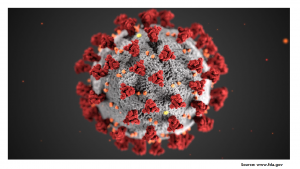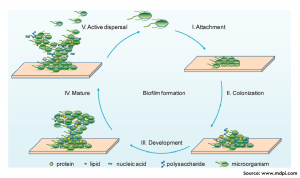It is a well-established fact that misuse of antibiotics is the prime factor accelerating the emergence and spread of antibiotic resistance. To counteract this, the World Health Organisation recommends restricting Over the Counter (OTC) antibiotic sales globally. Many policies are in place for regulating OTC sales, especially in low- and middle-income countries. But the effectiveness of these policies on antimicrobial resistance (AMR) hasn’t studied in detail.
In this scenario, this paper tries to bring forward the effectiveness of such a policy in Sao Paulo, Brazil. The government of Brazil implemented a policy restricting OTC antibiotic sales in November 2010. The OTC antibiotic sales were rampant in the private sector before the policy implementation. Post-implementation antibiotic sales reduced in private pharmacies.
The authors also identified a significant decrease in amoxicillin and sulfamethoxazole-trimethoprim sales in 2010, following the implementation of the restriction policy. A drop in resistance in E. coli followed in 2012. The AMR in S. pneumoniae also showed a similar trend. The study suggested that a policy banning OTC sales of antibiotics influenced a decrease in AMR in the community.
To learn more, please visit the website of the Journal of Emerging Infectious Diseases (Link).







